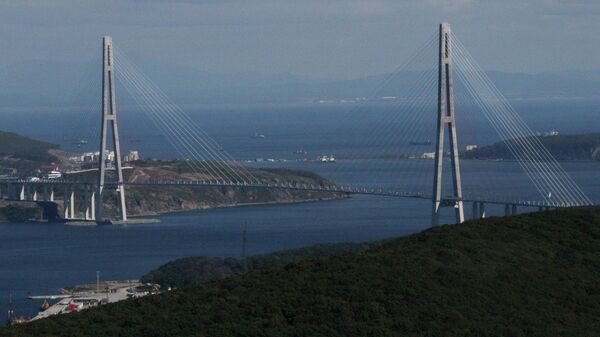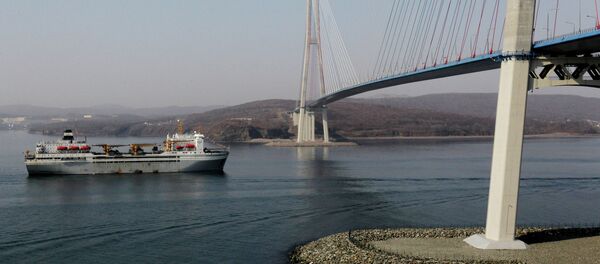“This network project will bring together scientists from Russia, Ecuador, the Philippines, Japan and several other Pacific countries. The laboratory will enable them to more quickly and effectively exchange the results of their research in order to coordinate their approaches to studying development vectors of historical processes in the Asia-Pacific region,” the press service said in a release.
The international group has reported unique findings in these areas, which the scholars are studying.
“The scholars working on similar projects in different parts of the Pacific region need to exchange information. The creation of a network laboratory will help them do this, thereby facilitating a comprehensive study of ancient historical processes,” Popov said as quoted by the FEFU press service.
“They have found that interconnected processes took place in different parts of the Pacific. For example, the movement of population in Southeast Asia and technical discoveries made in central China influenced other people living on a large territory, even if indirectly, including in all parts of the Pacific region. The study of these phenomena can help us understand and forecast possible future developments that move in a spiral line,” the scholar added.
Popov said the laboratory would focus on a period between 12 and two thousand years ago, when humanity developed from “savages” to civilization, communities and productive economies, and when the algorithm of human progress was created.
The FEFU partners from ESPOL and the University of the Philippines have expressed willingness to work in the network laboratory. Negotiations are ongoing with the Japanese universities of Hokkaido and Tohoku, the release says.





